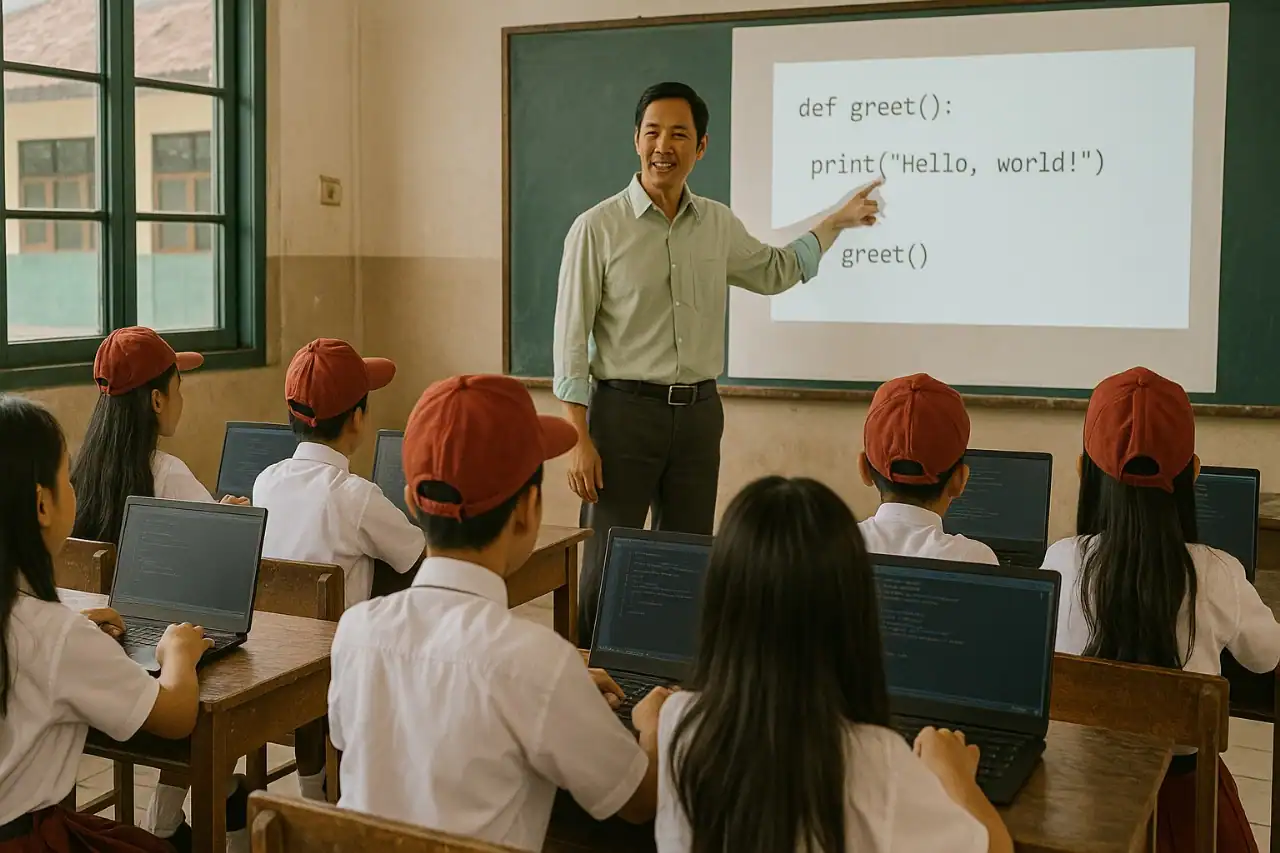Innovation in Elementary School Education for a Better Future
Elementary education plays a crucial role in shaping the foundation of skills, character, and mindset of children. In today’s digital era, parents want to ensure that their children not only master basic knowledge but are also ready to face future challenges. One of the best ways to achieve this is by introducing innovation in elementary school education that matches the needs of the modern world.
Why Innovation Matters in Elementary School
Elementary school is not just a place where children learn reading, writing, and arithmetic. It is also where they start to develop social values, creativity, and critical thinking skills. Without innovation in elementary school education, learning risks becoming monotonous and less effective in preparing students for a constantly changing world.
Innovation does not mean abandoning traditional teaching methods entirely. Instead, it combines proven approaches with new technologies and strategies that are more suitable for children. This way, students can enjoy a learning process that is both engaging and effective.
Forms of Innovation in Elementary School

Some forms of innovation in elementary school education that have already been implemented in various schools include:
- Technology Integration in the Classroom
Children can better understand lessons when interactive tools such as apps, videos, and Learning Management Systems (LMS) are used to support learning. - Coding and Artificial Intelligence
Coding is no longer an exclusive skill. By starting in elementary school, children are trained to think logically, creatively, and in problem-solving ways. This is a practical example of innovation in elementary school education that directly prepares them for the future. - Collaborative Learning Methods
Students are encouraged to work in groups to complete assignments, helping them practice teamwork and communication skills. - Personalized Learning Approaches
Every child learns differently. With technology, teachers can tailor lessons to suit the learning style and pace of each student.
The Role of Parents in Innovation

No matter how advanced schools become, parents remain an essential part of the learning journey. Supporting children as they use technology, practice coding, or study English at home ensures that innovation in elementary school education produces the best results.
When parents actively participate, children feel more supported and motivated, which strengthens the overall impact of the school’s innovation.
Positive Impacts on Children

The implementation of innovation in elementary school education offers many benefits, including:
- Children feel more motivated as lessons become more enjoyable.
- Critical thinking and problem-solving skills develop more quickly.
- Early exposure to technology gives them confidence in digital tools.
- Creativity flourishes through varied teaching methods.
With the right innovation, children grow not only in academics but also in their social and emotional abilities.
Timedoor Academy and Educational Innovation
Timedoor Academy believes that preparing children for the future starts with relevant education. By providing programs in coding, technology, and English for elementary students, Timedoor Academy helps bring innovation in elementary school education into real classrooms.
Through interactive lessons, children can learn while having fun and at the same time train future-ready skills. Experienced instructors also ensure that learning is enjoyable, inspiring curiosity and confidence in every child.
For a Better Future

Ingin tahu detail program?
Innovation is the key to making elementary education not just a routine but a meaningful experience. With innovation in elementary school education, children are better prepared to face future challenges. Schools, teachers, and parents must work together to ensure that innovation brings the greatest benefit to students.
If you want your child to experience fun, engaging, and future-focused learning, now is the time to take action.
Register your child for a Free Trial at Timedoor Academy and see how innovation in education can boost their confidence and passion for learning.